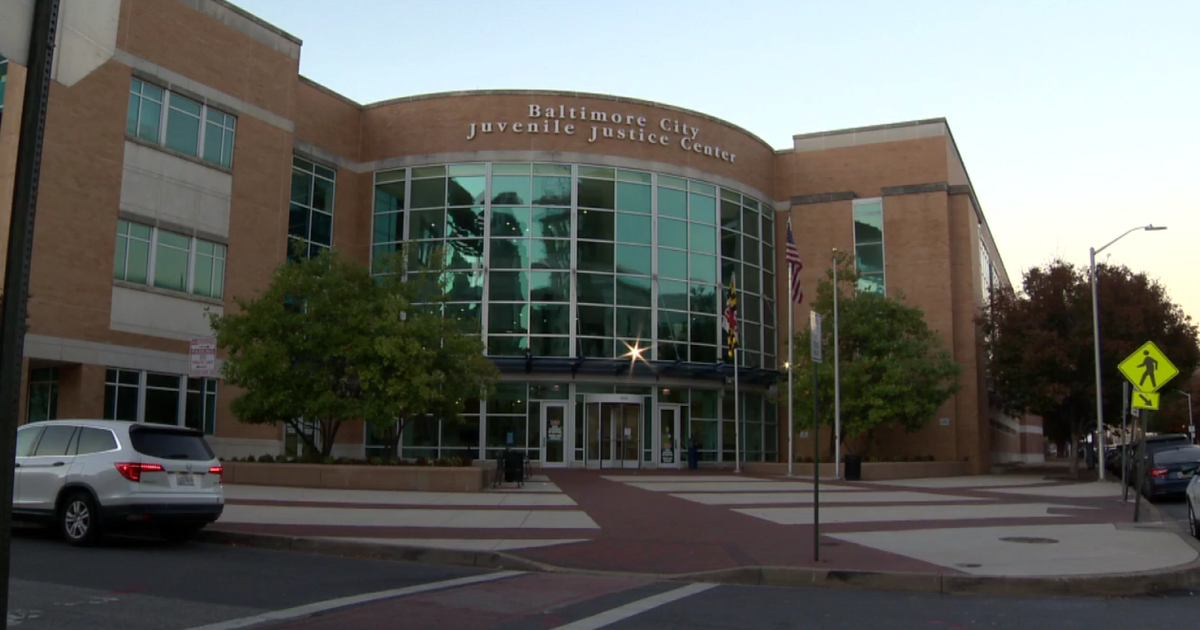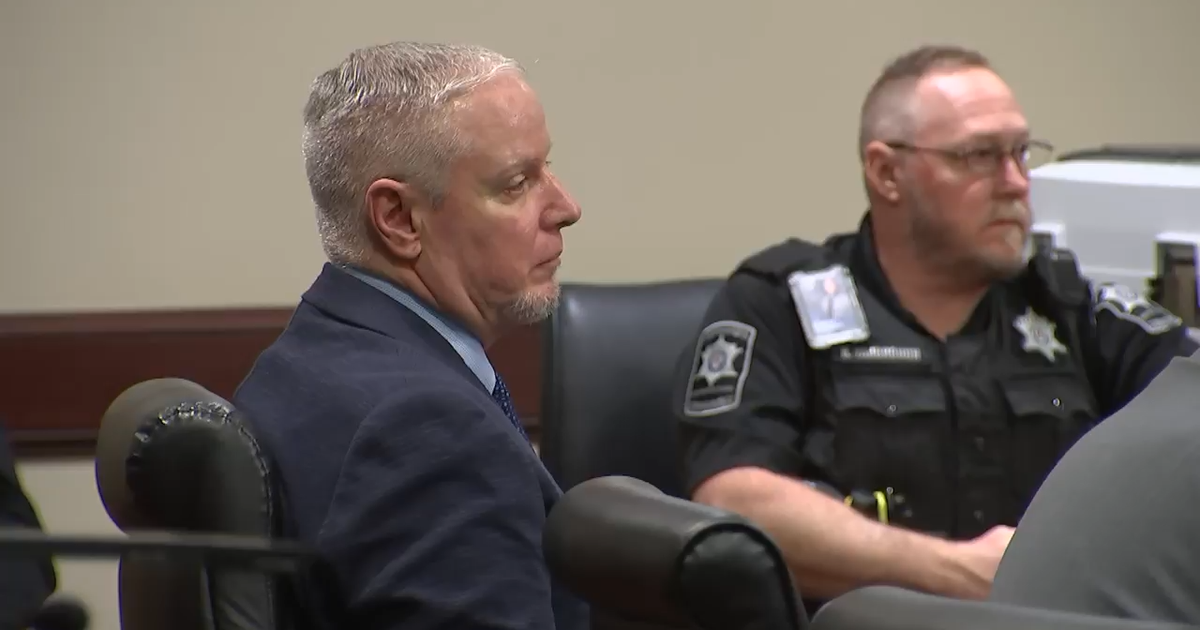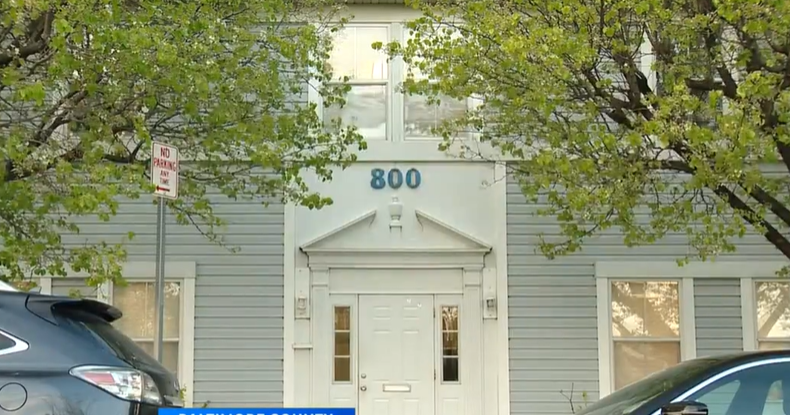Asst. Medical Examiner Stands By Ruling That Gray's Death A Homicide
BALTIMORE (WJZ) -- Standing by her word. The assistant medical examiner who ruled Freddie Gray's death a homicide took the stand Friday in the trial of Officer Caesar Goodson.
Goodson is one of six officers charged in the arrest and death. He faces the most serious charges, including second-degree depraved-heart murder.
WJZ Investigator Mike Hellgren has a break down of what happened in court.
Prosecutors have presented 12 witnesses so far. The one on the stand the longest has been assistant medical examiner Dr. Carol Allen. She still believes that Freddie Gray's death was no accident.
The assistant medical examiner who ruled Freddie Gray's death a homicide says there was no political pressure from the State's Attorney's Office, but admits she could not have made that key finding without witness statements Marilyn Mosby's office selected and sent to her.
"The medical examiner is really guessing about where this happened and how this happened," said Warren Brown, lawyer and courtroom observer.
The defense for van driver Office Caesar Goodson Jr. -- the only person charged in Gray's murder -- tore into Allen, but she stood firm, saying she would make the same homicide determination today.
Dr. Allen met with police and prosecutors multiple times, including at city police headquarters, where she personally inspected the van where Gray suffered his injuries.
"This is totally a waste of someone's life, and that is very upsetting," said Tessa Hill-Aston, Baltimore NAACP president.
The autopsy supports the state's rough ride theory that Gray's spinal cord was nearly severed when the van abruptly turned on Fremont Avenue when Goodson and Gray were alone.
Dr. Allen says because Gray wasn't secured with a seat belt, he couldn't brace himself for a sudden impact.
The defense contends Gray was injured later, and points to a fellow detainee placed in the van afterwards, who heard him still active, banging on the divider.
The assistant medical examiner explained that at as a seizure and says Gray was, by that time, paralyzed from the shoulders down.
She also testified when Gray was seen on video dragging his legs after his initial arrest, there's no evidence to show any leg injuries or that he was tazed.
The judge also heard from Freddie Gray's friend, Brandon Ross, who took video of his arrest.
Court resumes Monday, when prosecutors also have a deadline to turn over any other evidence that they owe the defense.







